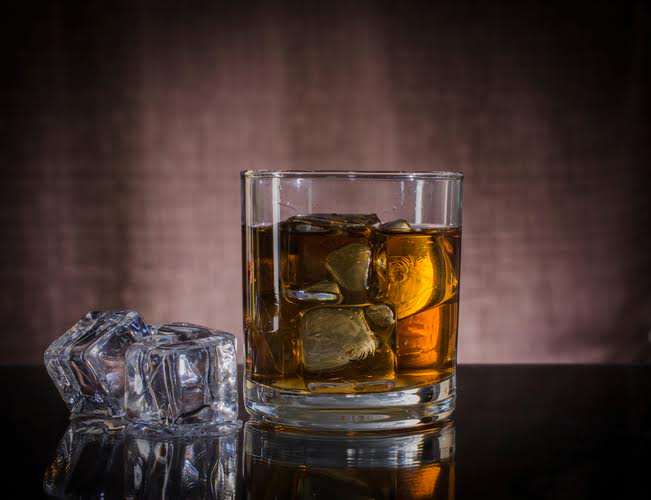First, rather than viewing your relapse as a sign of failure, accept it as a step in your journey to sobriety that signals you need to revise your recovery approach. Death caused by alcohol poisoning, motor vehicle or other accidents, https://www.dontscan.us/page/2/ violence, suicide, and alcohol-related diseases make alcohol abuse the third most preventable cause of death in the United States. The first two stages represent a progression away from recovery and toward a full relapse.
The 3 Stages of Relapse
Take time out for yourself, treat yourself with compassion, and let yourself have fun. Understanding triggers for alcohol use is important for someone in recovery and their loved ones. If someone knows their triggers, they can better avoid them and reduce their risk of a relapse. Daily drinking can have https://auto-dom24.ru/redkij-ford-mustang-shelby-super-snake-speedster-2022-goda-napolovinu-avtobot-napolovinu-kollekcionnyj-predmet/ serious consequences for a person’s health, both in the short- and long-term. Many of the effects of drinking every day can be reversed through early intervention. However, certain food groups also have benefits when it comes to helping with the discomfort of withdrawal symptoms and detoxification.
- Or they may have simply acted out of urgency when triggered by stress.
- Even so, this traditional timing can still correlate to more cocktails in hand and busier bars and public spaces than other times during the day.
- But regardless of where you fall on that spectrum, it’s a choice that comes with some great benefits.
- But what happens if, after being sober, someone starts drinking again?
- “I still feel really anxious and panicky and confused sometimes, especially in public.”
What Happens When An Alcoholic Starts Drinking Again

Some have the same symptoms as on day one and ask, “How long does this last?” The urge to relieve those withdrawal symptoms with a drink can be overwhelming. “Most of my withdrawal symptoms are gone, but I still have sharp pains in my head, can’t sleep, and get night sweats.” “I am in my first hours of sobriety. I just took the quiz for withdrawal symptoms and scored 60% moderate to severe. Funny, because my average hangover is usually worse than this.” For many, the first day of abstinence usually follows a day of very heavy alcohol consumption—either a binge or a multi-day bender.
What Is an Alcohol Relapse?
The term harm reduction is becoming more accepted in the world of recovery. Harm reduction usually implies that you still desire sobriety; however, you seek http://www.bibliograf.ru/materials/news/2678/ it in a different fashion. The term abstinence refers to a situation when you have decided to refrain from all substances as part of your recovery journey.
Reach out now and join our supportive
Is Moderating Drinking Possible for Alcoholics?

